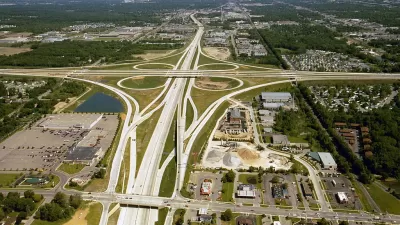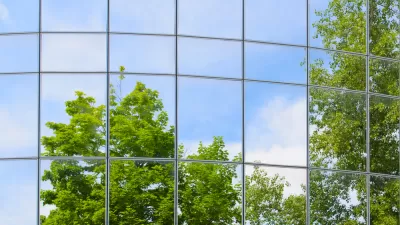The city is considering new decarbonization strategies, including carbon impact fees and educational programs, after the failure of a natural gas ban due to a federal court ruling.

Following the federal court's decision to overturn Berkeley's natural gas ban, Eugene's City Council is seeking new strategies to reduce carbon emissions. The initial attempt to ban natural gas hookups in new residential buildings faced opposition from Northwest Natural and was ultimately withdrawn. As reported by Nathan Wilk, city staff have now proposed alternative decarbonization measures, such as implementing carbon impact fees, launching educational programs, and expediting permits for electrified buildings, which other cities have successfully adopted.
Councilor Lyndsie Leech expressed enthusiasm about exploring these new approaches, emphasizing the need to understand funding requirements and regulatory actions necessary for implementation. The City Council plans to reconvene later this year to discuss potential revenue sources and the specifics of the proposed strategies. Additionally, Councilor Mike Clark suggested negotiating a franchise agreement with Northwest Natural to secure funding for building weatherization, a process that previously stalled due to decarbonization discussions.
City Manager Sarah Medary noted that Eugene might have greater regulatory authority than initially assumed, following a clarification by the 9th Circuit in January. This new understanding could influence the city’s approach to regulating natural gas distribution and further its decarbonization efforts.
FULL STORY: Eugene seeks new decarbonization strategies after failure of natural gas ban

Planetizen Federal Action Tracker
A weekly monitor of how Trump’s orders and actions are impacting planners and planning in America.

Maui's Vacation Rental Debate Turns Ugly
Verbal attacks, misinformation campaigns and fistfights plague a high-stakes debate to convert thousands of vacation rentals into long-term housing.

Restaurant Patios Were a Pandemic Win — Why Were They so Hard to Keep?
Social distancing requirements and changes in travel patterns prompted cities to pilot new uses for street and sidewalk space. Then it got complicated.

In California Battle of Housing vs. Environment, Housing Just Won
A new state law significantly limits the power of CEQA, an environmental review law that served as a powerful tool for blocking new development.

Boulder Eliminates Parking Minimums Citywide
Officials estimate the cost of building a single underground parking space at up to $100,000.

Orange County, Florida Adopts Largest US “Sprawl Repair” Code
The ‘Orange Code’ seeks to rectify decades of sprawl-inducing, car-oriented development.
Urban Design for Planners 1: Software Tools
This six-course series explores essential urban design concepts using open source software and equips planners with the tools they need to participate fully in the urban design process.
Planning for Universal Design
Learn the tools for implementing Universal Design in planning regulations.
Heyer Gruel & Associates PA
JM Goldson LLC
Custer County Colorado
City of Camden Redevelopment Agency
City of Astoria
Transportation Research & Education Center (TREC) at Portland State University
Jefferson Parish Government
Camden Redevelopment Agency
City of Claremont





























